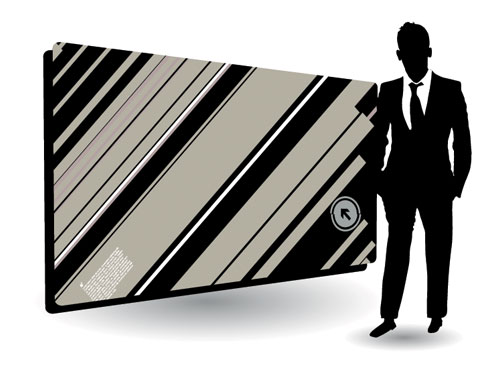This article has one very simple goal, to inculcate in the reader several of the more important or at least mainstream Forex training tips and techniques. The discussion will be subdivided into the different types of Forex education (i.e. college Education, vocational courses, online classes, DIY). Bear in mind that this article serves merely as a primer to get the reader started. Therefore the same must be followed up by actual inquiries.
College Education
A finance, business, economics related college course is a great way to start. Of course (no pun intended) you can dabble in foreign languages if you want to specialize in a specific currency pair. Most experts agree that a solid background on financial theory is well and good, but you also have to center your thesis around spot market trading. At the very least, you need to enter clubs that actually provide Forex training. In other words complement your basic course with training and experience, and then specialize in specific currency pairs.
Vocational Courses
To be honest, the author has not yet encountered a vocational course that actually centers on Forex. Of course Forex in its most basic definition is a currency and exchange related course so the same types of courses apply (i.e. finance, business administration, accounting, economics, etc.).
Online Courses
Now, the author can say that he has encountered several, dozens, if not hundreds of Forex dedicated online courses. Of course most of these course offerings are useless by and in itself. What is worse is that some are actually scams in a sense that they take free information, reword the same, package them as cutting edge via audio visual presentations, and then the student is charged with exorbitant fees.
First eliminate hard sells or those that have an “if you buy now,” “wait, there is more” “secret techniques they should be illegal” feel. Pay attention to the course syllabus and verify their certificate of compliance with local education boards. Now, go to the websites and check if there are pending complaints. Remember, a certain number of complaints is okay (there are a lot of whinny netizens out there). But repeated complaints that are left unanswered as well as a large amount of refund concerns are red flags. In other words, utilize your internet skills to find a reason not to register.
E-books/ Do-It Yourself
In the opinion of the author, in a lot of ways, buying an e-book is better than online courses. This of course presupposes that the person actually reads, understands, and analyzes the contents. At the very least, a Forex enthusiast should read a few e-books before actually registering to an online class. This way, he/she already knows what to look for in terms of syllabus, offerings, certification, etc.
Series or No Series
The best Forex traders are “Series” passers. By series, this means one of the following:
- Series 3
- Series7
- Series 34
- Series 63
This is the best method to get noticed as a Forex trader. However, if you are only doing this part time, then you can rely on a broker for so long as you have a solid knowledge base on how Forex works.





